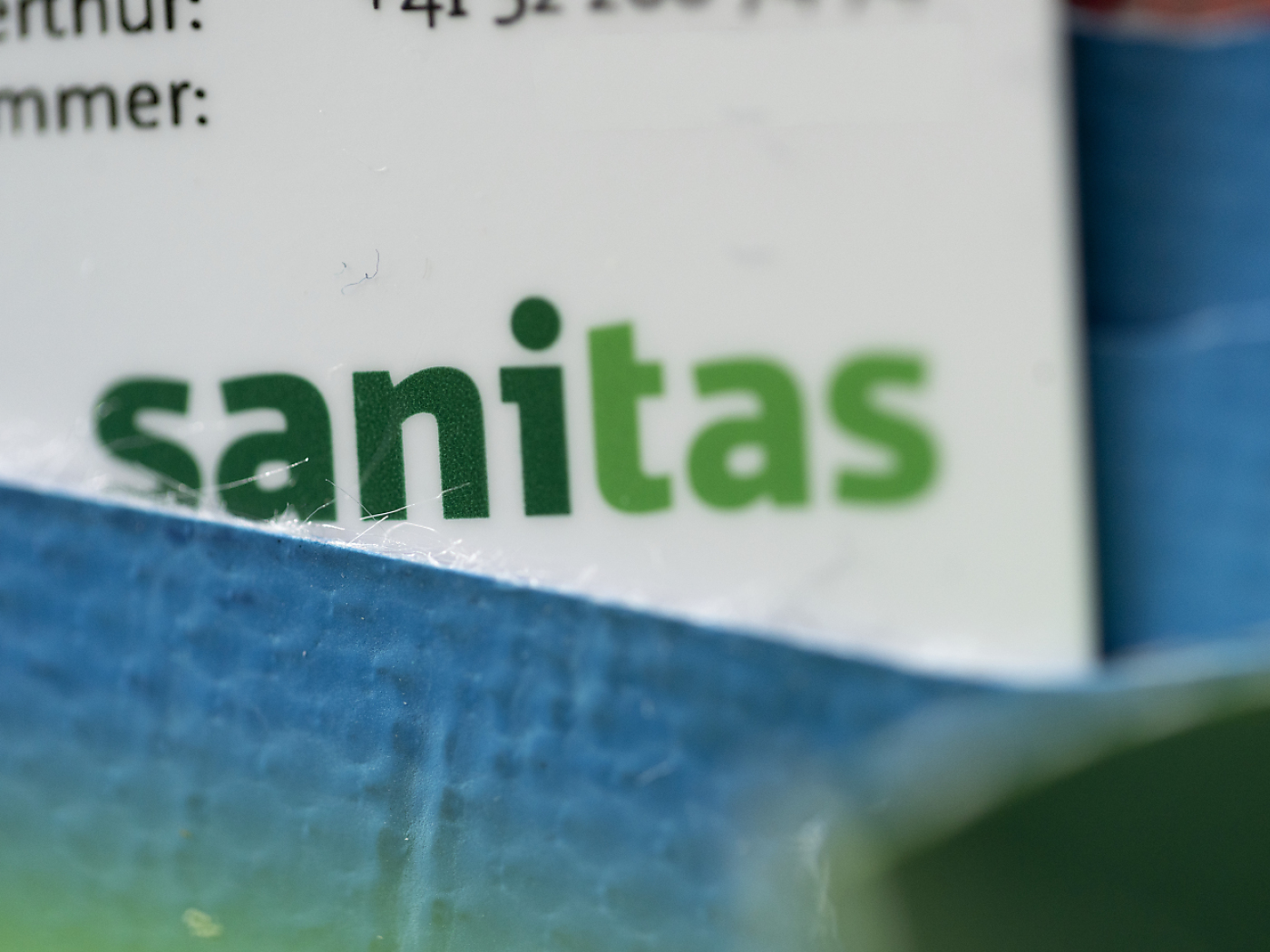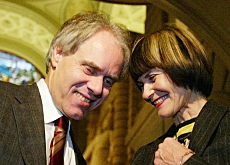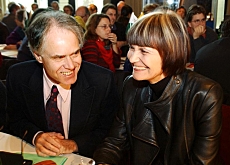Three ministers given the red card

If Swiss voters could choose their cabinet ministers, fewer than half would re-elect Christoph Blocher, Hans-Rudolf Merz and Pascal Couchepin.
Micheline Calmy-Rey, the only female cabinet minister, got the highest marks in a survey published on Sunday – ahead of the Swiss president, Samuel Schmid.
Some 1,005 people from the French- and German-speaking parts of Switzerland were asked by a research institute last week which cabinet ministers they would re-elect at the next elections in 2007.
Members of the Federal Council are in fact elected by members of parliament.
Respondents were not asked to name new cabinet ministers and they could vote for more than one minister.
Interior Minister Pascal Couchepin from the centre-right Radical Party was the weakest link: only 31 per cent of respondents wanted to see him in the next cabinet.
Finance Minister Hans-Rudolf Merz, also from the Radical Party, impressed 48 per cent of the electorate.
Thirty-seven per cent backed Justice Minister Christoph Blocher, from the rightwing Swiss People’s Party.
Majority support
The four other members of the Federal Council received majority support.
The two ministers from the centre-left Social Democratic Party, Foreign Minister Calmy-Rey and Moritz Leuenberger, who is responsible for the energy, environment, transport and communications portfolios, received 73 per cent and 57 per cent respectively.
Defence Minister Samuel Schmid, from the Swiss People’s Party, came second with 63 per cent.
The economics minister, Joseph Deiss, from the centre-right Christian Democratic Party got the blessing of 53 per cent of respondents.
Asked which ministers do their jobs the best, respondents awarded the top three places to Calmy-Rey (31 per cent), Blocher (14 per cent) and Leuenberger (13 per cent).
However, Blocher was also thought by a third of respondents to do his job the worst, followed by Couchepin (24 per cent) and Leuenberger (11 per cent).
Team players
The survey also found that the public isn’t particularly impressed by the government’s general behaviour at the moment.
The cabinet takes joint decisions and members are expected to support them and not publicly disagree with government policy. However, several ministers have recently broken ranks and had spats with other ministers.
Three-quarters came out in favour of the principle of collegiality but also thought it was currently working either badly or very badly.
Only one per cent of respondents thought the system of collegiality was currently working well.
swissinfo with agencies
A survey by the SonntagsBlick newspaper asked 1,005 Swiss which cabinet ministers they would re-elect:
Micheline Calmy-Rey – 73%
Samuel Schmid – 63%
Moritz Leuenberger – 57%
Joseph Deiss – 53%
Hans-Rudolf Merz – 48%
Christoph Blocher – 37%
Pascal Couchepin – 31%
When a federal councillor retires or dies, his or her replacement is elected by parliament. In theory any Swiss citizen can stand for the post; in practice the new councillor is chosen from a list put forward by the outgoing councillor’s party. Members of the Federal Council are not members of parliament.
Once a councillor has been elected, he or she remains in office during the life of the parliament which chose them.
After parliamentary elections (i.e. every four years), the councillors submit themselves individually for re-election unless they want to retire. Normally this re-election is a formality, and most councillors remain in office until they themselves decide to step down.
The next parliamentary elections are in 2007.

In compliance with the JTI standards
More: SWI swissinfo.ch certified by the Journalism Trust Initiative











You can find an overview of ongoing debates with our journalists here . Please join us!
If you want to start a conversation about a topic raised in this article or want to report factual errors, email us at english@swissinfo.ch.